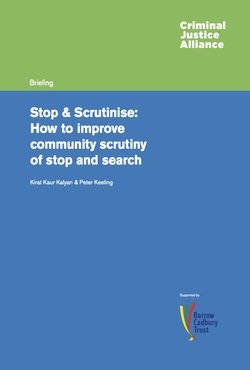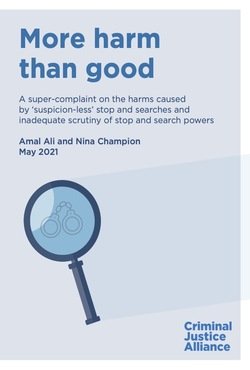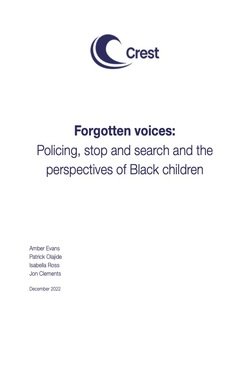By Zoe Marchment · Paul Gill
Project Servator is a strategic method of policing designed to deter, detect and disrupt a wide range of criminal activity including terrorism. This paper is the first empirical study to evaluate the stop and search aspect of Servator deployments. We compare the outcomes of 3488 routine stop and searches and 510 Servator stop and searches to determine whether the stop and search tactics used in this initiative produce more positive outcomes than routine stop and searches. We also compare outcomes of stop and searches that occurred on the basis of suspicious behaviour alone, by ethnicity, and through using a geographically matched sample. Collectively, the results indicate that stop and searches that occur during Servator deployments are more efficient than routine stop and search.
Security Journal (2025) 38:13









